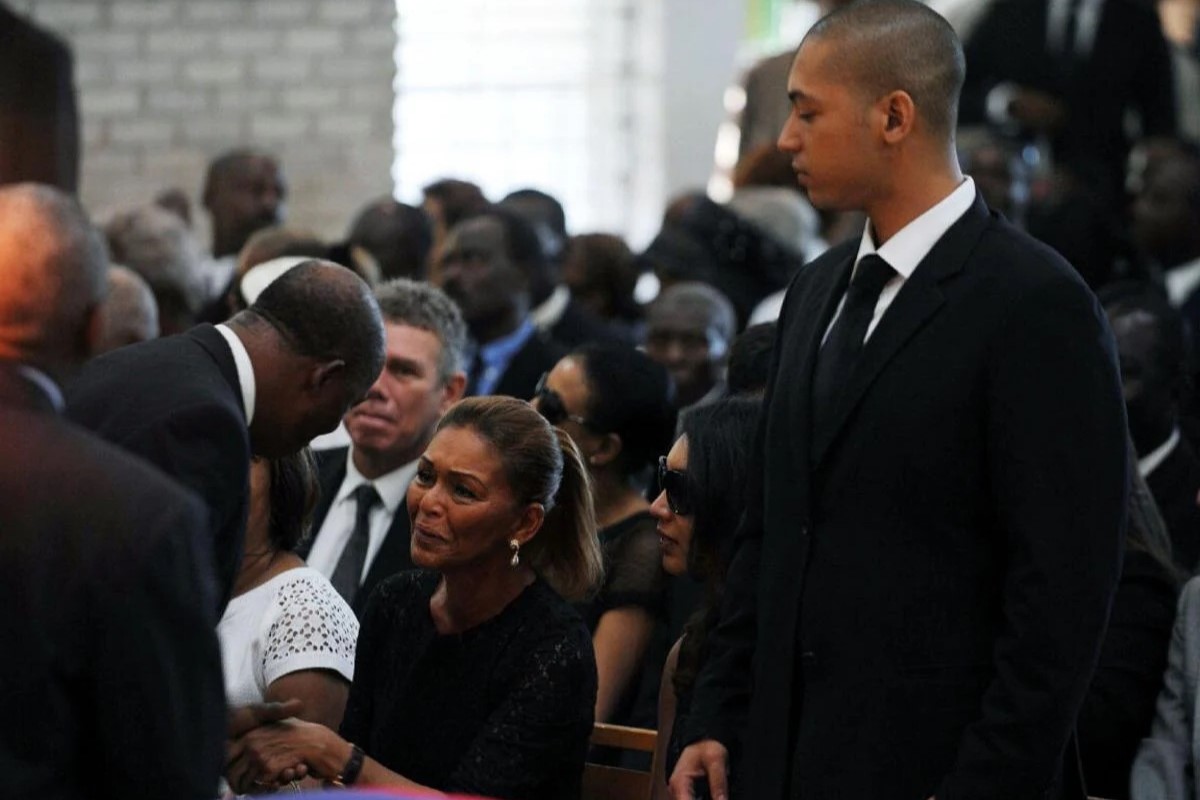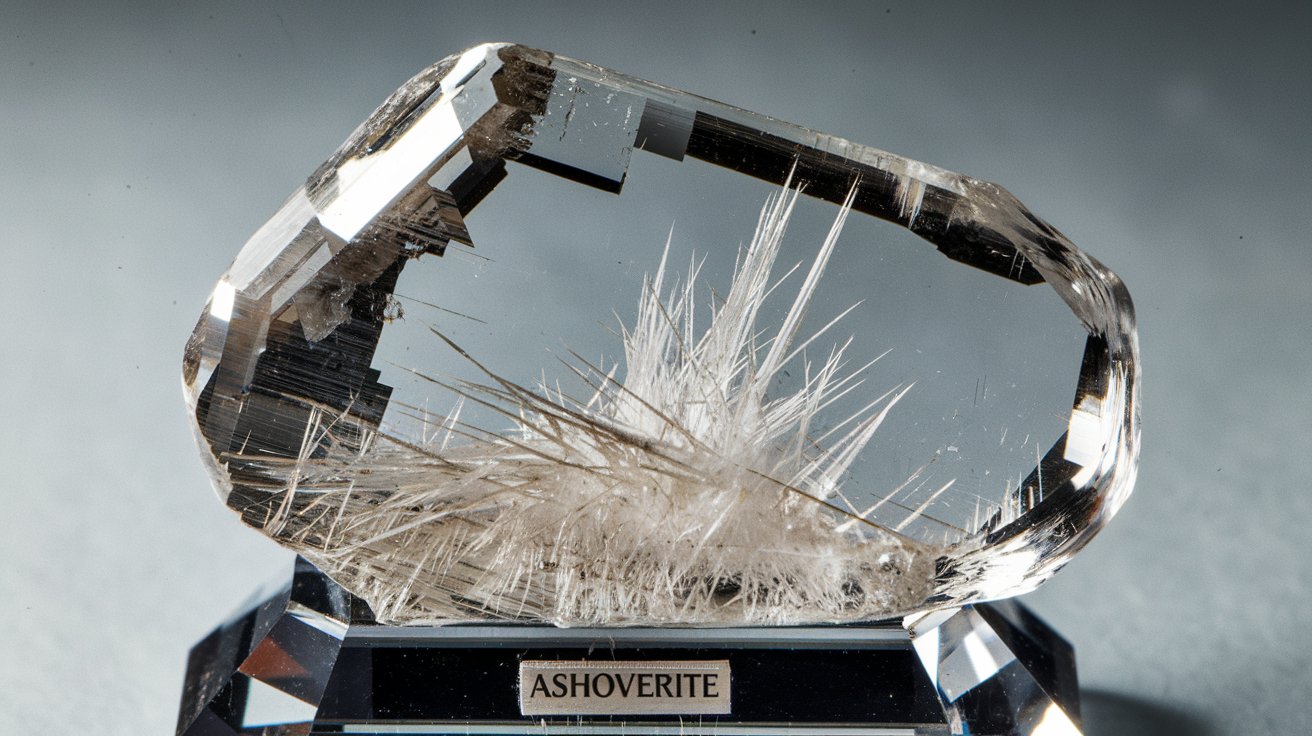
Who were the Duvaliers? This infamous family ruled Haiti for decades, leaving a lasting impact on the country's history. François "Papa Doc" Duvalier took power in 1957, establishing a brutal dictatorship. His son, Jean-Claude "Baby Doc" Duvalier, continued his father's legacy after taking over in 1971. The Duvaliers were known for their oppressive regime, human rights abuses, and corruption. Despite their controversial rule, they remain a significant part of Haiti's past. This post delves into 39 intriguing facts about the Duvalier family, shedding light on their rise to power, their reign, and their eventual downfall.
Key Takeaways:
- The Duvalier family, known for their political power in Haiti, used fear and control to maintain their rule, leaving a lasting impact on the country's history and culture.
- Despite their controversial legacy, the Duvalier family's influence on Haiti continues to spark debate and strong emotions, reflecting the complexities of the country's politics and society.
The Duvalier Dynasty
The Duvalier family, known for their political influence in Haiti, has a history filled with intrigue and controversy. Let's dive into some fascinating facts about this powerful family.
-
François Duvalier, also known as "Papa Doc," was the first Duvalier to rise to power in Haiti. He served as President from 1957 until his death in 1971.
-
"Papa Doc" was originally a physician, which earned him his nickname. He specialized in tropical diseases before entering politics.
-
François Duvalier was known for his use of voodoo to instill fear and maintain control over the Haitian population.
-
The Tonton Macoute, a paramilitary force created by François Duvalier, was infamous for its brutality and played a significant role in his regime.
-
François Duvalier declared himself President for Life in 1964, solidifying his grip on power.
Rise of Jean-Claude Duvalier
Jean-Claude Duvalier, also known as "Baby Doc," succeeded his father at a young age. His rule continued the family's legacy of authoritarian control.
-
Jean-Claude Duvalier became President of Haiti at just 19 years old after his father's death in 1971.
-
"Baby Doc" was one of the youngest heads of state in the world when he assumed power.
-
Jean-Claude's regime was marked by widespread corruption and human rights abuses.
-
Despite his father's fearsome reputation, "Baby Doc" was often seen as a more lenient ruler, though his government was still oppressive.
-
Jean-Claude Duvalier married Michèle Bennett, a union that was highly publicized and extravagant, symbolizing the wealth and power of the Duvalier family.
The Fall of the Duvaliers
The Duvalier family's grip on Haiti eventually weakened, leading to significant changes in the country's political landscape.
-
In 1986, Jean-Claude Duvalier was ousted from power following a popular uprising against his regime.
-
After being deposed, "Baby Doc" fled to France, where he lived in exile for many years.
-
The fall of the Duvalier regime marked the end of nearly three decades of Duvalier family rule in Haiti.
-
Despite his exile, Jean-Claude Duvalier attempted to return to Haiti in 2011, causing a stir in the country.
-
Upon his return, Jean-Claude faced charges of corruption and human rights abuses but was never fully prosecuted.
The Duvalier Legacy
The impact of the Duvalier family on Haiti's history is profound and continues to be felt today.
-
François Duvalier's use of voodoo and the Tonton Macoute left a lasting legacy of fear and control in Haiti.
-
The Duvalier regime's corruption and mismanagement significantly contributed to Haiti's economic struggles.
-
Human rights abuses under the Duvaliers have been well-documented, with many Haitians still seeking justice for the atrocities committed.
-
The Duvalier family's rule is often cited as a period of intense political repression and violence in Haiti's history.
-
Despite their controversial legacy, some Haitians still view the Duvaliers with a sense of nostalgia, believing that the country was more stable under their rule.
Personal Lives of the Duvaliers
Beyond their political influence, the personal lives of the Duvalier family members are also intriguing.
-
François Duvalier was married to Simone Ovide, who played a significant role in his administration.
-
Simone Duvalier, known as "Mama Doc," was influential in Haitian politics and often acted as an advisor to her husband.
-
Jean-Claude Duvalier's marriage to Michèle Bennett was seen as a strategic alliance, bringing together two powerful Haitian families.
-
Michèle Bennett was known for her lavish lifestyle and extravagant spending, which drew criticism from many Haitians.
-
The Duvalier family lived in the National Palace, a symbol of their power and wealth.
The Duvalier Children
The children of François and Jean-Claude Duvalier have also played roles in Haiti's history and politics.
-
Jean-Claude Duvalier had two children, François Nicolas and Anya, with his wife Michèle Bennett.
-
François Nicolas Duvalier, often referred to as "Nico," has been involved in Haitian politics and has expressed interest in continuing the Duvalier legacy.
-
Anya Duvalier has largely stayed out of the political spotlight, focusing on her personal life.
-
The children of François Duvalier, including Jean-Claude, were groomed from a young age to continue the family's political dynasty.
-
Despite their upbringing, not all of François Duvalier's children pursued political careers, with some choosing to live more private lives.
The Duvalier Influence Today
The Duvalier family's influence on Haiti continues to be a topic of discussion and debate.
-
The legacy of the Duvalier regime is still a contentious issue in Haitian politics, with some advocating for justice and others for reconciliation.
-
Jean-Claude Duvalier's return to Haiti in 2011 reignited discussions about the family's impact on the country.
-
The Duvalier family remains a symbol of both power and oppression in Haiti's collective memory.
-
Efforts to hold the Duvaliers accountable for their actions have been met with mixed success, reflecting the complexities of Haitian politics.
-
The Duvalier name continues to evoke strong emotions among Haitians, with opinions divided on their legacy.
Cultural Impact of the Duvaliers
The Duvalier family's rule has also left a mark on Haitian culture and society.
-
The use of voodoo by François Duvalier has been depicted in various forms of media, highlighting its role in his regime.
-
The Tonton Macoute has become a symbol of fear and repression in Haitian culture, often referenced in literature and art.
-
The opulent lifestyle of the Duvalier family has been the subject of numerous books, documentaries, and films.
-
The Duvalier era is often studied in Haitian history classes, serving as a reminder of the country's turbulent past.
Final Glimpse into Duvalier's Legacy
The Duvalier family left an indelible mark on Haiti's history. From François "Papa Doc" Duvalier's rise to power in 1957 to Jean-Claude "Baby Doc" Duvalier's controversial rule, their legacy is a mix of political intrigue, economic turmoil, and cultural impact. The family's reign saw both development projects and human rights abuses, creating a complex narrative that still resonates today. Understanding these 39 facts about the Duvaliers offers a clearer picture of Haiti's past and its ongoing struggles. While their era ended decades ago, the effects of their governance continue to influence the nation's political landscape. This glimpse into their lives and actions provides valuable insights into the challenges and resilience of the Haitian people.
Frequently Asked Questions
Was this page helpful?
Our commitment to delivering trustworthy and engaging content is at the heart of what we do. Each fact on our site is contributed by real users like you, bringing a wealth of diverse insights and information. To ensure the highest standards of accuracy and reliability, our dedicated editors meticulously review each submission. This process guarantees that the facts we share are not only fascinating but also credible. Trust in our commitment to quality and authenticity as you explore and learn with us.


